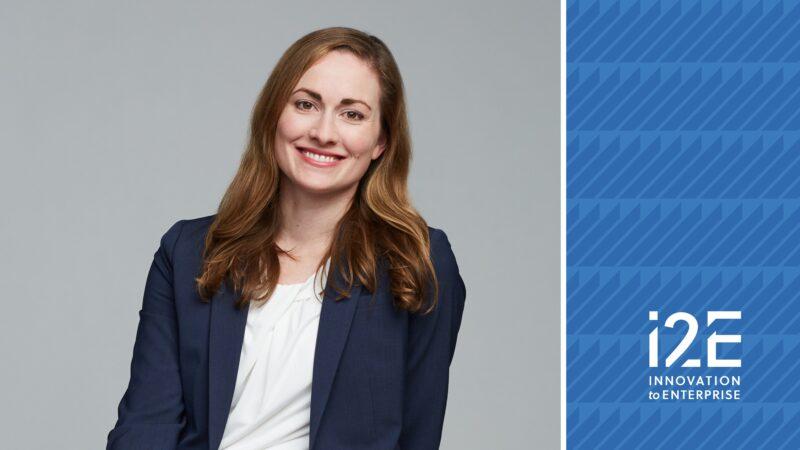By Scott Meacham
Copyright © 2019, The Oklahoman
During one of the earliest conversations I had with Dr. Ryan Dennis, CEO of Linear Health Sciences, he told me that he was living his dream.
I wanted to know more about that. Is it the dream of a curious young boy who grew up in a small Oklahoma town with just 18 other students in his class — a boy who knew when he was in the seventh grade that he wanted to be a doctor?
Or is it the dream of an endlessly curious life-learner, who, with the urging and support of a teacher and parents, moved away from home at 16 years old to attend the Oklahoma School of Science and Math (OSSM) — where he developed college-level proficiencies in science and math, and, in Dr. Dennis’ own words, gained so many educational benefits from being surrounded by people who were different and diverse?
Or is his dream the success of a tireless physician and entrepreneur who started his own hospital group and then co-founded Linear Health Sciences, a medical device company with a safety valve technology having the potential to improve the care of virtually any patient connected to an intra-venous (IV) line. (Visit website here)
All of those, Dr. Dennis told me are true, but he said that his greatest dream was to walk through a hospital with an open mind and open eyes so that through innovation and invention, he could serve more patients in more places beyond where he lives and works.
Imagine that you are joining that dream, following Dr. Dennis on hospital rounds. You visit the pediatric floor where children are hooked up to bags of fluids and life-saving medicines—IVs, central lines, or peripherally inserted central catheters (PICCS)—delivering treatments, via needles and tubing, to battle injury and disease.
Now envision the situation through the eyes of Dr. Dennis, as he observes the impact when this medical tubing becomes accidentally dislodged as it is caught or pulled too far. In a hospital that happens every day, creating discomfort and interrupted treatment for patients and repeated steps for caregivers.
Dr. Dennis and the team at Linear Health Sciences developed the Orchid™, a breakaway valve that separates when the medical tubing gets caught or pulled too far. The valve creates a sterile seal and prevents the tubing from being pulled out. Linear Health is in final stages of FDA approvals and will soon launch its product with a solution that has the potential to be applied to every patient around the world.
i2E was the lead investor in Linear Health’s first two capital rounds. We focused on risk and return. We vetted the business plan and the founding team rigorously as we always do. Reflecting back, I wish we had followed Dr. Dennis down the halls of that pediatric ward. It would have been a powerful reminder of something that Dr. Dennis believes and acts on every day — the real reason Oklahoma’s investment in life sciences matters so much is humanity.
It’s because of those children in pediatric wards, because of our loved ones who are fighting cancer and ALS, and because of elderly patients with macular degeneration or Alzheimer’s who deserve the best quality of life we can deliver.
Oklahoma’s investment in life sciences startups like Linear Health is a way for us all to share in Dr. Dennis’ dream of making things better for patients and healthcare professionals everywhere — a dream that matters.
Scott Meacham is president and CEO of i2E Inc., a nonprofit corporation that mentors many of the state’s technology-based startup companies. i2E receives state appropriations from the Oklahoma Center for the Advancement of Science and Technology. Contact Meacham at [email protected].








